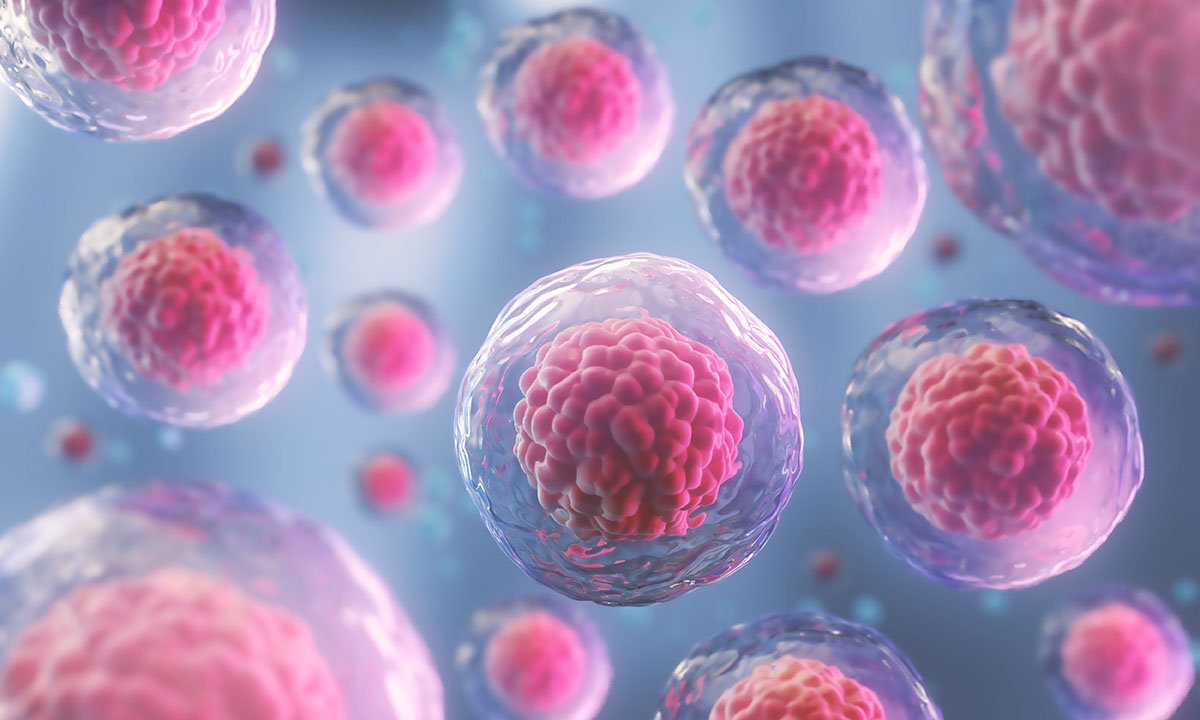
< Back
embryo
Definition
An embryo is a multicellular organism in the earliest stages of development. It is formed when a sperm fertilizes an egg, and it undergoes a series of rapid changes as it grows and develops.
The first few weeks of embryonic development are the most critical. During this time, the embryo forms all of its major organs and tissues. The heart, brain, lungs, and other organs begin to develop, and the embryo's body plan is established.
The embryo is also very vulnerable to damage during this time. If the embryo is exposed to harmful substances or environmental factors, it can develop birth defects or even die.
After the first few weeks, the embryo enters the fetal stage of development. The fetus continues to grow and develop, but the rate of change slows down. The fetus's organs and tissues mature, and it begins to look more and more like a baby.
The fetus is fully developed by the time it is born. However, it still needs to grow and mature in the weeks and months after birth.
How can the word be used?
The embryo of a plant is contained in the seed.

Different forms of the word
Noun: embryo, fetus, germ.
Adjective: embryonic, germinal.
Synonyms: seed, bud, nucleus.
Antonyms: adult, mature, fully developed.
Etymology
The word "embryo" comes from the Greek word ἔμβρυον (embrion), which means "young of an animal enfolded in the womb". The word ἔμβρυον is made up of two Greek words: ἐν (en) meaning "in" and βρύον (bryon) meaning "bud" or "sprout".
Question
What is an embryo?
AQA Science Exam Question and Answer
Question:
Explain the concept of an embryo and its significance in the early stages of development. Describe the formation of an embryo through fertilisation and its subsequent growth and differentiation. Provide examples of different stages of embryonic development in humans and other animals and how the study of embryos has contributed to our understanding of biology and genetics.
Answer:
An embryo is the early stage of development of a multicellular organism, after fertilisation but before it becomes a fetus or a fully formed individual. It begins with the fusion of a sperm and an egg, resulting in a zygote. The zygote then undergoes rapid cell division, forming a blastocyst, which eventually develops into different layers of cells through a process called gastrulation.
In humans, embryonic development involves various stages, including the formation of a neural tube, limb buds, and organ systems. Similar developmental stages can be observed in other animals, though the timing and specific structures may vary.
The study of embryos is crucial in understanding biology and genetics. It provides insights into the fundamental processes that shape an organism's body plan and how genetic information is expressed during development. Understanding embryonic development helps scientists and medical professionals comprehend the origins of various congenital disorders and informs research in regenerative medicine and assisted reproductive technologies.